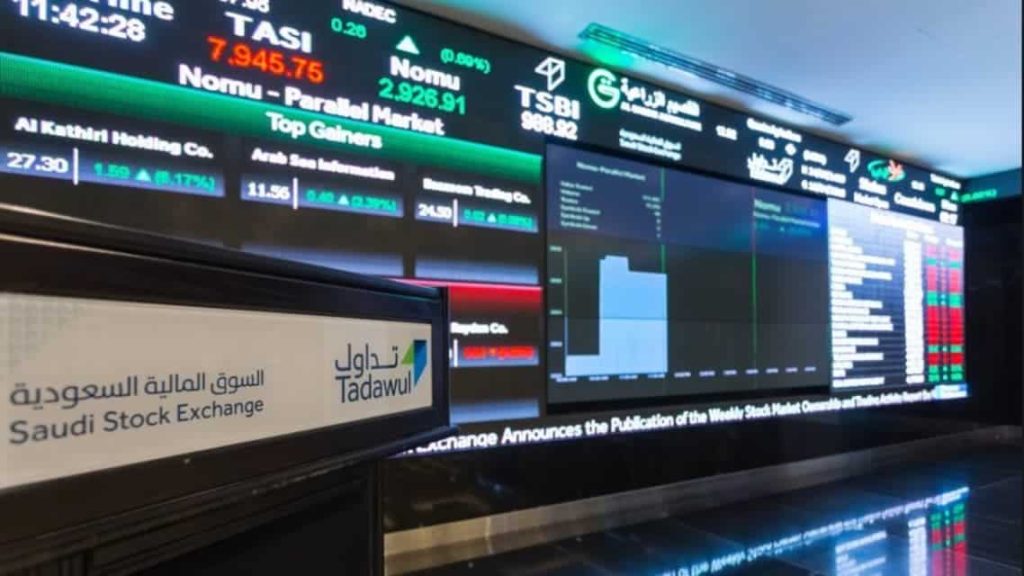
Saudi Arabia continues to attract businesses from around the world, creating opportunities for companies to hire international talent. Businesses must navigate the country’s sponsorship system to legally employ foreign workers while ensuring compliance with evolving labor laws. With recent reforms, understanding the latest regulations is essential for smooth operations and legal adherence.
Understanding the Sponsorship System in Saudi Arabia
The Saudi Kafala (sponsorship) system governs the employment of foreign workers. Under this system, an employer (sponsor) is responsible for managing the legal and administrative aspects of an employee’s residency and work status.
Key Responsibilities of Employers:
Securing work visas and permits for foreign employees.
Ensuring compliance with Saudization (Nitaqat) requirements.
Processing salary payments through Mudad, the government’s wage protection system.
Renewing Iqama (residency permit) within the required timeframe to avoid penalties.
Recent labor reforms have granted foreign employees greater job mobility, reducing employer restrictions on visa transfers and work permit renewals. Staying informed about these updates is crucial for maintaining compliance.
1. Apply for a Block Visa
Before hiring foreign employees, companies must obtain a block visa from the Ministry of Human Resources and Social Development (MHRSD). This approval determines the number of foreign workers a business can hire based on industry needs and Saudization compliance.
Requirements:
A valid Commercial Registration (CR) issued by the Ministry of Commerce.
A MISA license (for foreign-owned businesses).
Compliance with GOSI (General Organization for Social Insurance) and Mudad.
2. Obtain a Work Visa
Once a block visa is granted, individual work visas can be applied through the Qiwa platform. The employee must then complete the visa process at the Saudi embassy in their home country.
Required Documents:
A digitally verified employment contract (via Qiwa)
Medical examination report
Visa approval notice
3. Employee Arrival & Iqama Issuance
Upon arrival in Saudi Arabia, the employee must complete several formalities:
- Medical Tests & Biometrics Registration – Conducted at authorized medical centers.
- Iqama Application – The employer must apply for the residency permit (Iqama) through the Muqeem portal within 90 days of arrival.
- Bank Account & Salary Registration – Employees must be registered in Mudad to comply with wage protection regulations.
4. Maintain Compliance & Renew Iqama
The Iqama is typically valid for one to two years, and timely renewal is essential to avoid penalties. Key compliance requirements include:
Processing salary payments through Mudad to align with labor regulations.
Ensuring employees are registered under GOSI.
Keeping employment contracts updated in Qiwa.
Who Can Sponsor Foreign Employees in Saudi Arabia?
To hire expatriate workers, a business must:
1. Have a valid commercial registration (CR) from the Ministry of Commerce.
2. Hold an active MISA license (for foreign-owned businesses).
3. Maintain a Saudization (Nitaqat) compliance score—higher ratios of Saudi employees improve eligibility.
4. Register with GOSI (General Organization for Social Insurance) and Mudad (wage protection system).
Compliance Rules for Employers in 2025
- Saudization: Companies must meet specific nationalization quotas based on industry.
- Salary Payment Compliance: All salaries must be processed digitally via Mudad.
- Visa Transfers: Employees can now switch jobs without employer approval after contract completion.
- End of Service Benefits (ESB): Employers must calculate gratuity payouts for long-term employees.
Sponsoring employees in Saudi Arabia involves multiple steps, and maintaining compliance ensures a smooth and legal hiring process. With labor laws evolving, businesses must stay up to date on Qiwa, Muqeem, and Mudad to avoid potential penalties.
For expert assistance with corporate immigration and employee sponsorship, professional guidance is available to help navigate the process efficiently.










